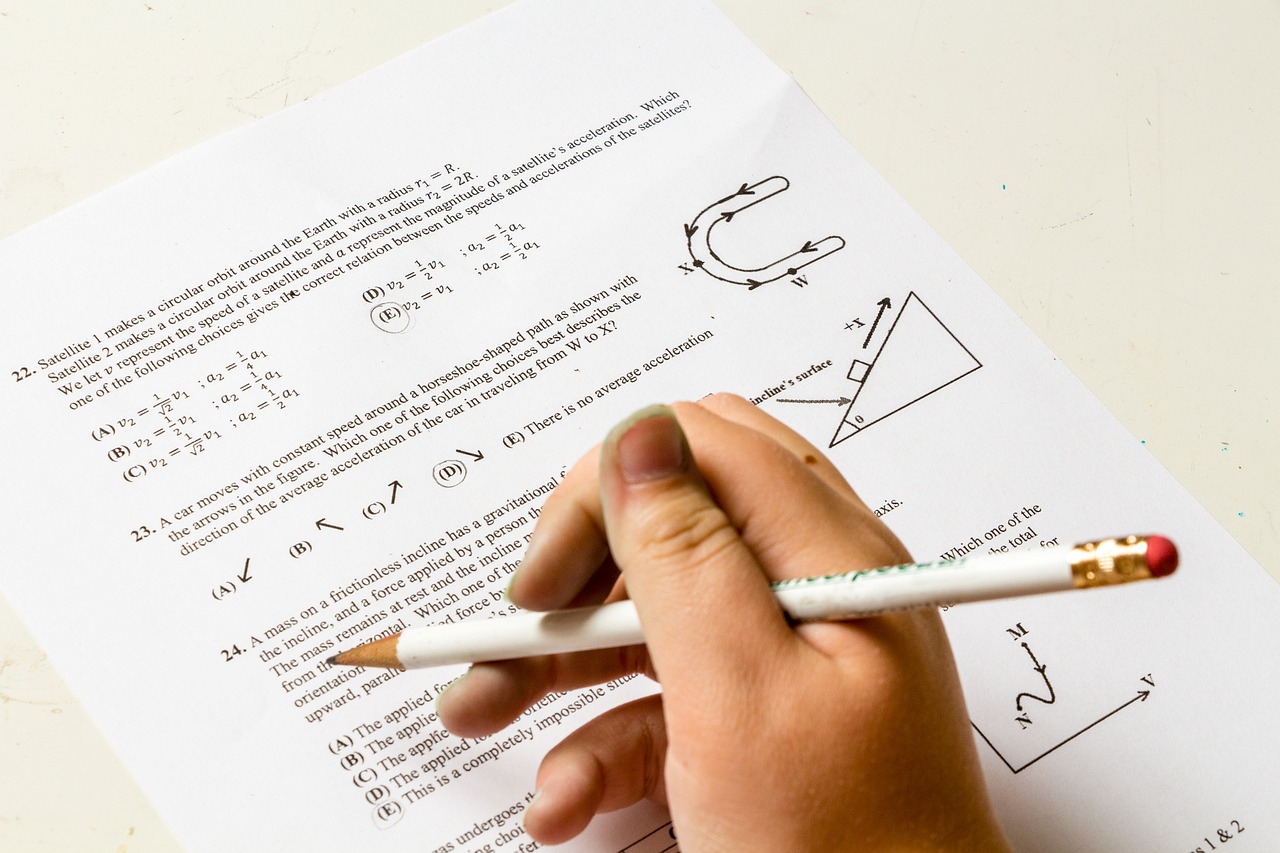
Pixabay
The Foundational Principles of Physics
The cornerstones of science are the physical laws. The mathematical relationships and regularities in the behavior of matter and energy in the universe are described by these laws. These laws, which range from Newton's laws of motion to the laws of thermodynamics of heat and energy, offer a strong, verifiable framework for comprehending natural phenomena.
The laws of physics provide a strong foundation for the growth of analytical and problem-solving abilities in the educational setting. Physics students encounter intellectual difficulties that foster observation, logical thinking, and creativity. They pick up skills like creating hypotheses, planning experiments, and critically analyzing data, which are useful in many aspects of life and other academic fields.
Physics as Concept Interconnection
Physics is a system of interconnected ideas and principles rather than a collection of discrete laws. The relationship between Newtonian mechanics and the law of conservation of energy, which in turn connects to thermodynamics and quantum theory, is a clear illustration. This conceptual integration encourages critical thinking and a thorough comprehension of nature.
This interdisciplinary approach to education is extremely valuable. In addition to teaching about motion and energy, physics also gives a general overview of the relationships between all the elements in the universe. This enables students to comprehend how various scientific disciplines interact and advance our knowledge of the world.
Applications of Physics in Real Life
Physics is more than just a collection of impractical equations; it also has real-world applications. Physics is present in everything, from the electricity that powers our electronics to the mechanics that propel our automobiles. The deep understanding of the physics laws is the foundation for the technological and scientific advancements that have revolutionized modern society.
In education, teaching the practical applications of physics can inspire students and show them how science translates into technology and advances in real life. This motivates young people to consider careers in fields related to science and engineering, which is essential in a world driven by innovation.
The fundamental knowledge of science and technology is based on the laws of physics, which are more than just formulas in a textbook. By fostering intellectual growth, encouraging an interdisciplinary understanding of the world, and showcasing real-world applications, they make a priceless contribution to education.
Physics education is crucial for society as a whole to meet the environmental and technological challenges we face. We are better equipped to handle difficult issues and advance toward a more technologically advanced and sustainable future when we are aware of the laws that govern our universe. In the end, physics improves our quality of life and changes how we perceive and comprehend the world.
Congratulations @firebone11! You received a personal badge!
You can view your badges on your board and compare yourself to others in the Ranking
Check out our last posts:
I love the part about impractical equations. I never did get the point of x over y divided by r over t plus v. 😁😁